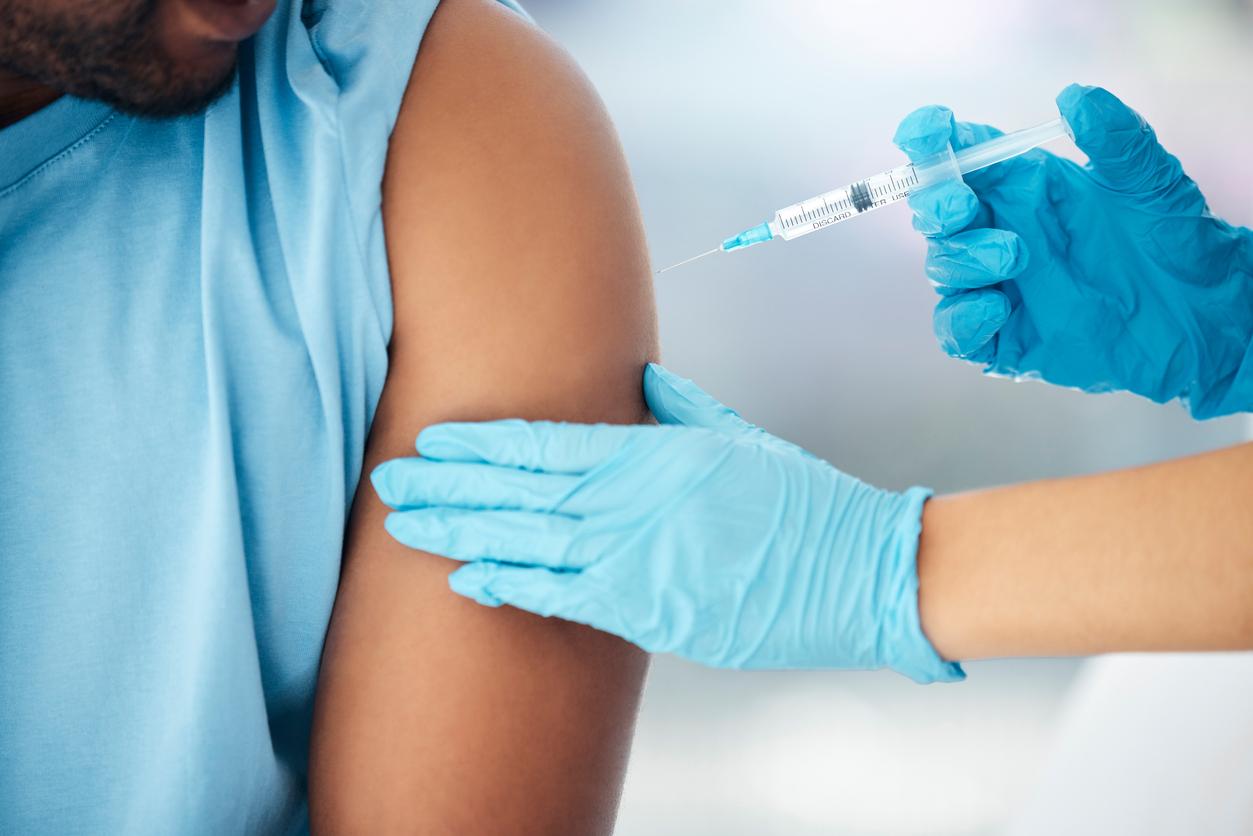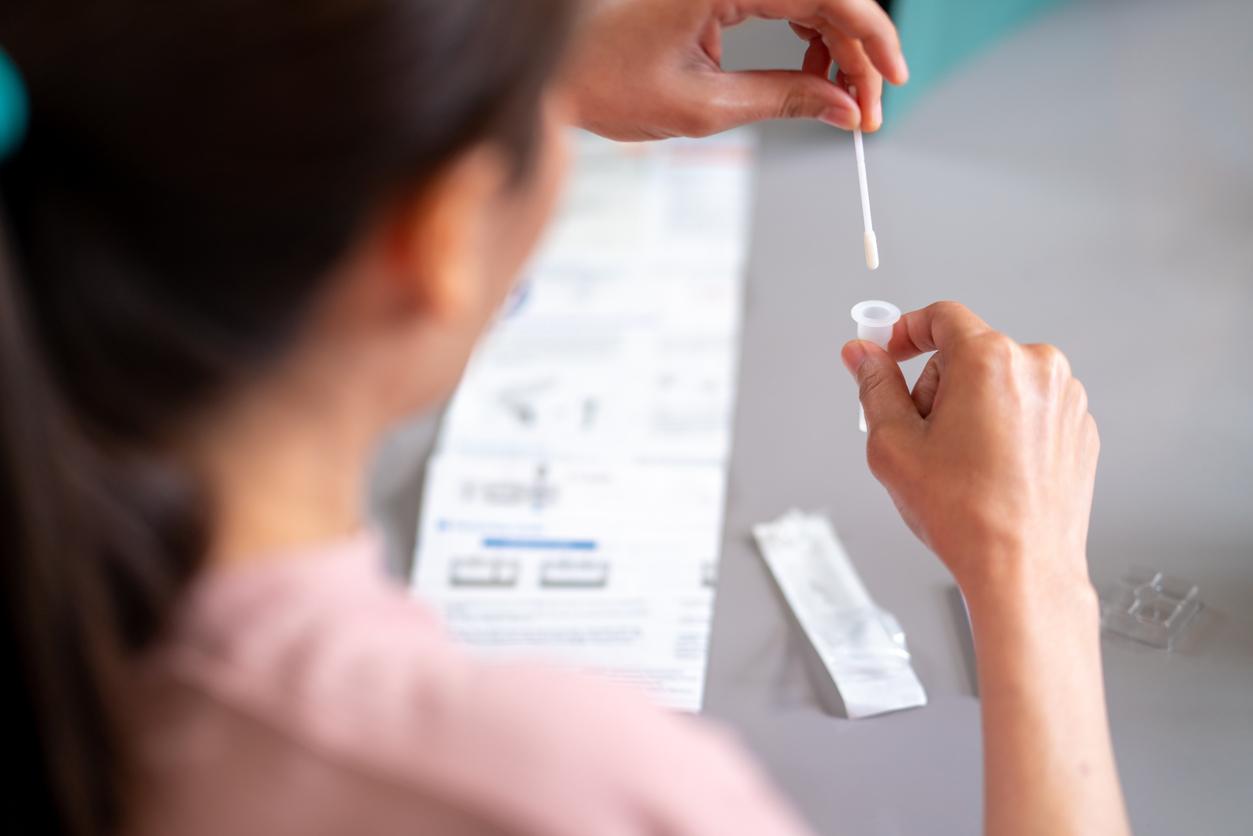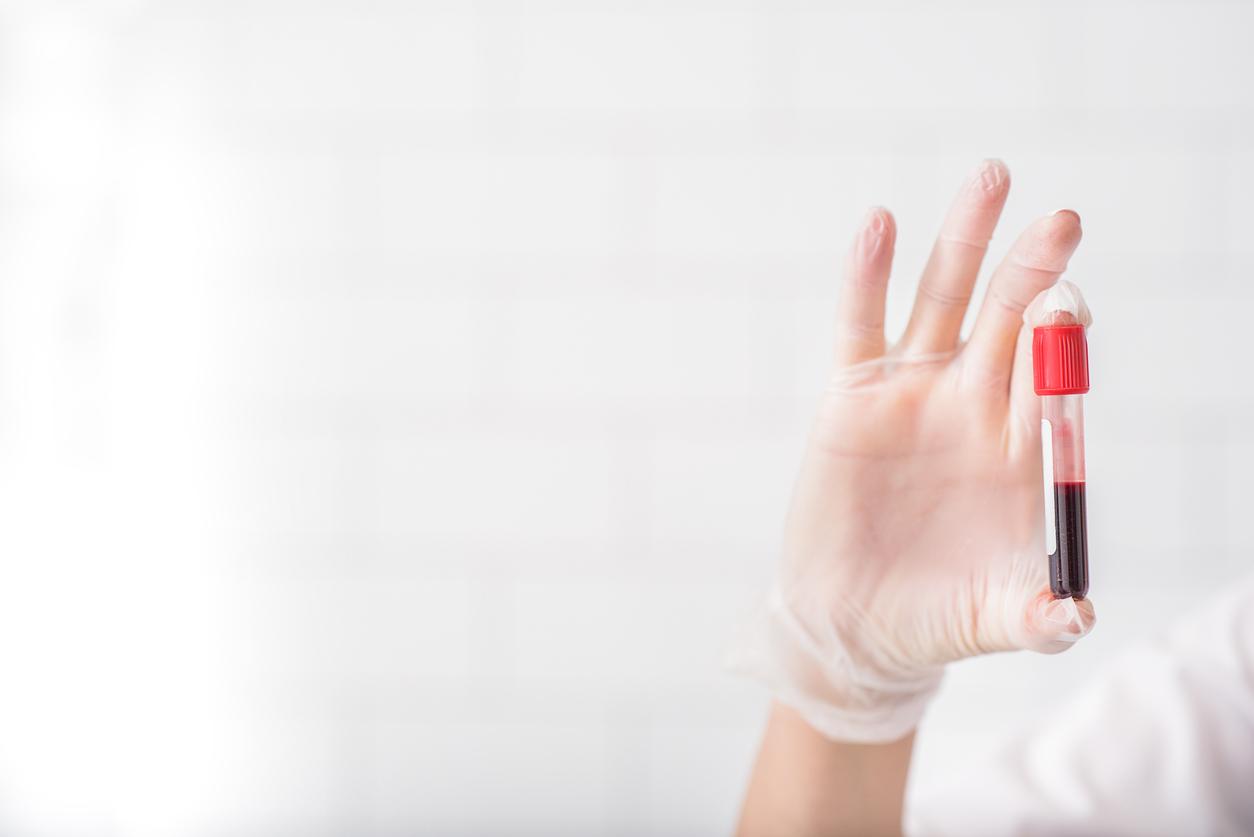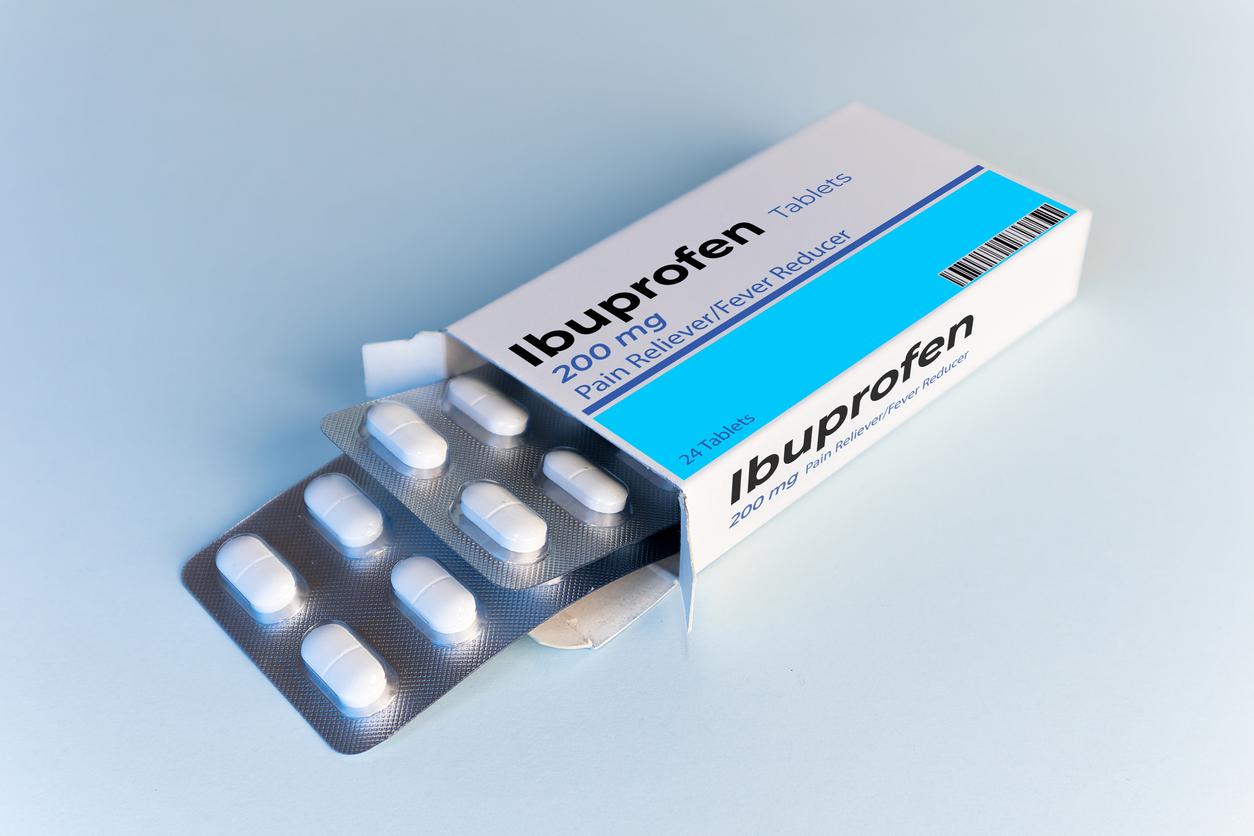Harvard researchers publish a study in which they claim that blood groups do not influence the severity of Covid-19. In addition, groups AB+ and B+ seem more affected by the disease, unlike group O.
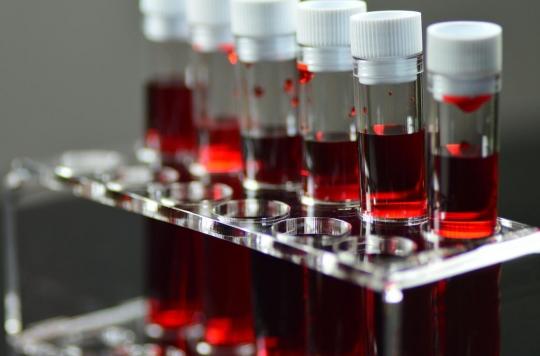
- The least at risk of contracting the virus are people with blood group O and then A.
- This is due to a molecule called antigen D present on their red blood cells, also called Rhesus positive.
Last March, among the flood of publications around the coronavirus, a Chinese study suggested that not all blood groups would be equal in the face of the disease. The latter has not been published and shows correlation, not causation, in its claim that people with blood type A are at higher risk of contracting and dying from the virus. Researchers at Harvard University (United States) argue that while people with group B+ and AB+ are more likely to contract the virus, blood group is not a factor in the severity of the infection.
Better be blood group O
In a study published on July 12 in the journal Annals of Hematology, the researchers looked at four criteria for disease severity: biological markers of disease, hospitalizations, intubations, and deaths. “Inflammation is a particularly important finding because mainstream scientific thinking is that Covid-19 wreaks havoc in the body through systemic inflammation, which can lead to morbidity. [séquelles ou maladies, NDLR] And the dead”, describes Anahita Dua, lead author of the study, in a communicated. The results showed no correlation between blood type and severity of infection. “There is no reason to believe that being of a certain ABO blood type will cause an increase in disease severity”, confirms the researcher.
The other conclusion of the study is that blood types influence the possibility of contracting the virus. At the top of the list is group O, which is the least likely to be positive for Covid-19. Behind, we find people belonging to blood group A who present a lower risk of developing the virus than groups B + and AB +, contrary to what was advanced by the Chinese study which put these blood groups at the same level. This is due to a molecule called antigen D present on their red blood cells, also called rhesus positive. “The association between positive rh and disease positivity appears to be a finding and warrants further investigation.”, specify the authors.
No explanation yet
The researchers, if they confirm the differences between the different blood groups facing the virus, have not been able to find an explanation. “These results need further investigation to determine if there is something inherent in these blood types that could potentially confer protection or induce risk in individuals.”, continues Anahita Dua.

.









